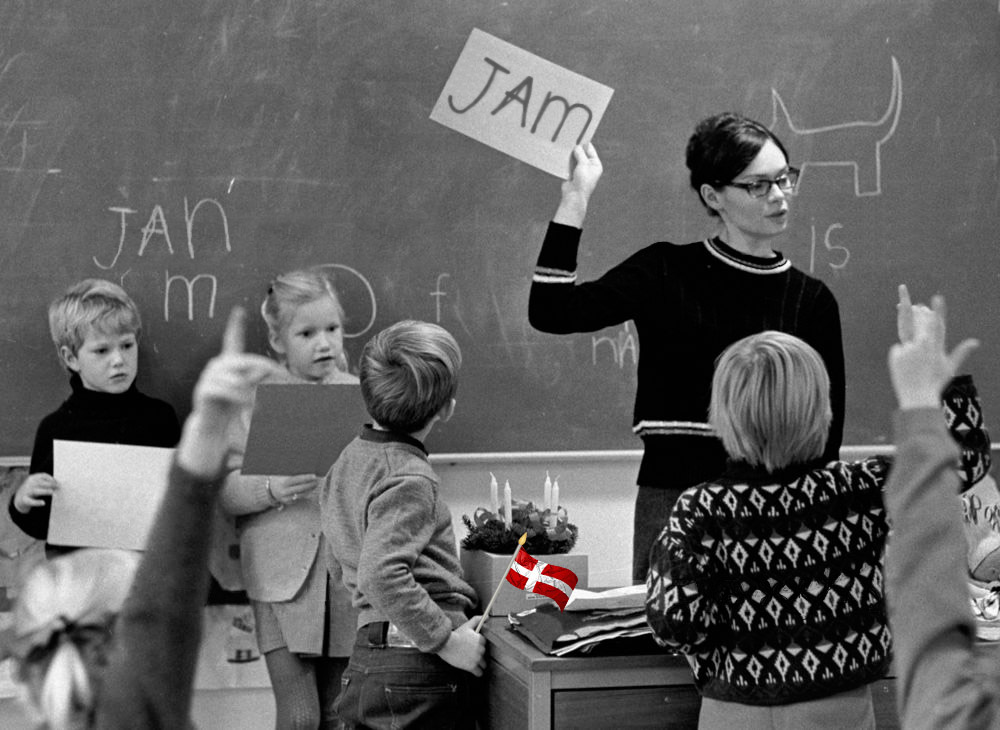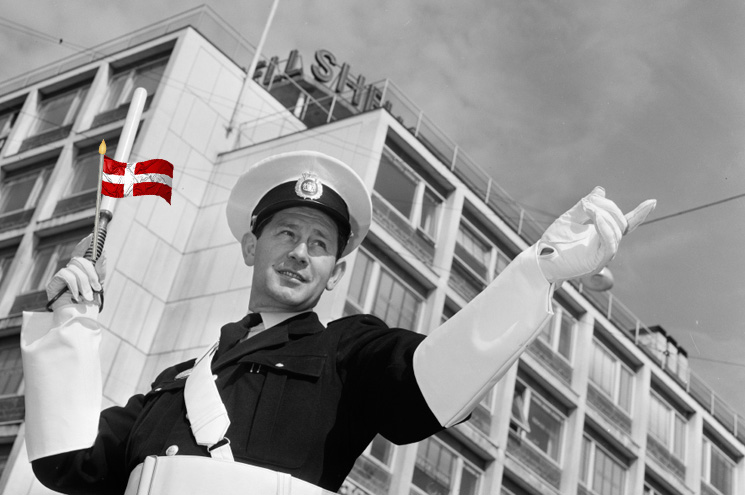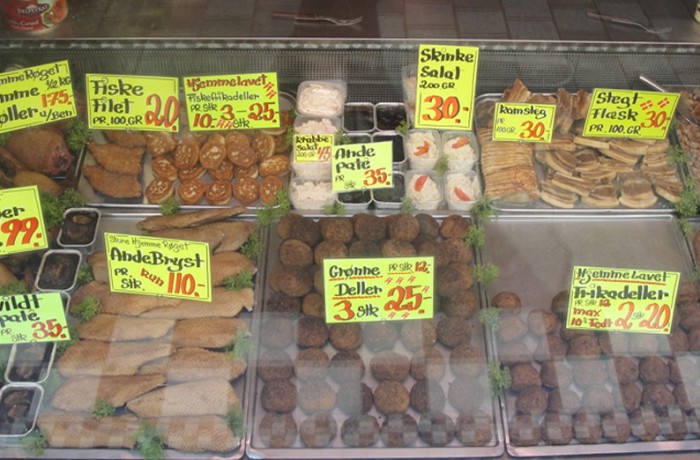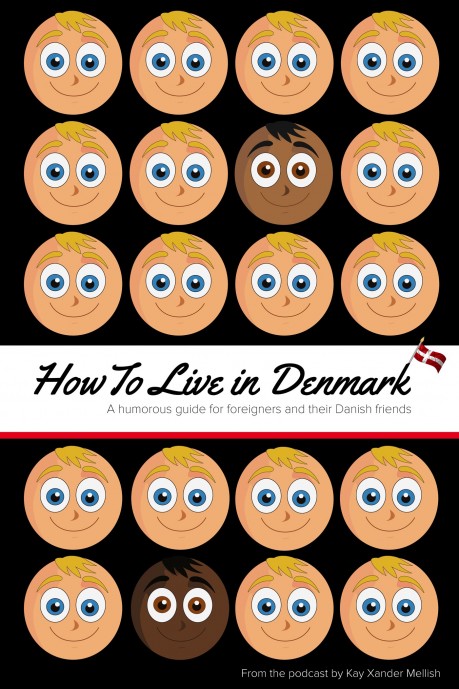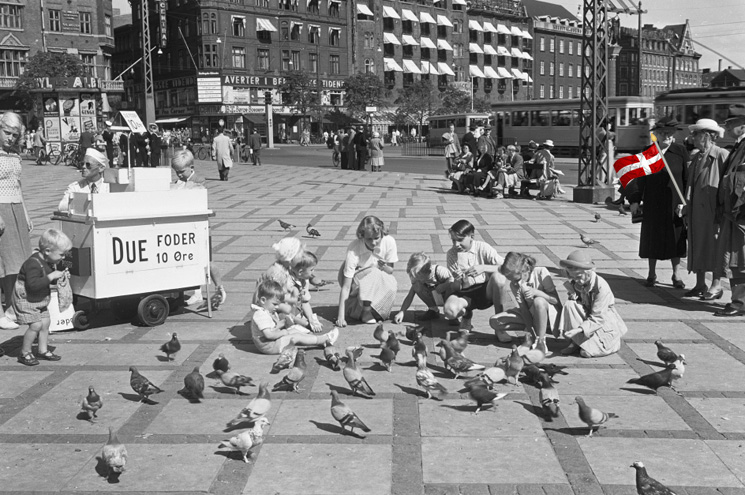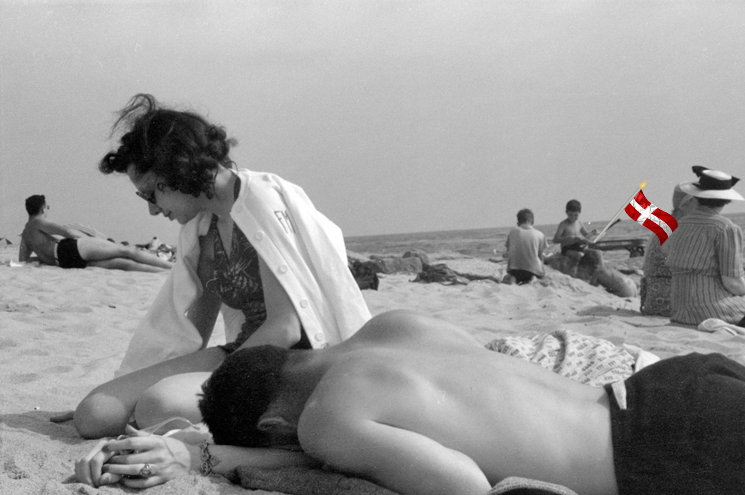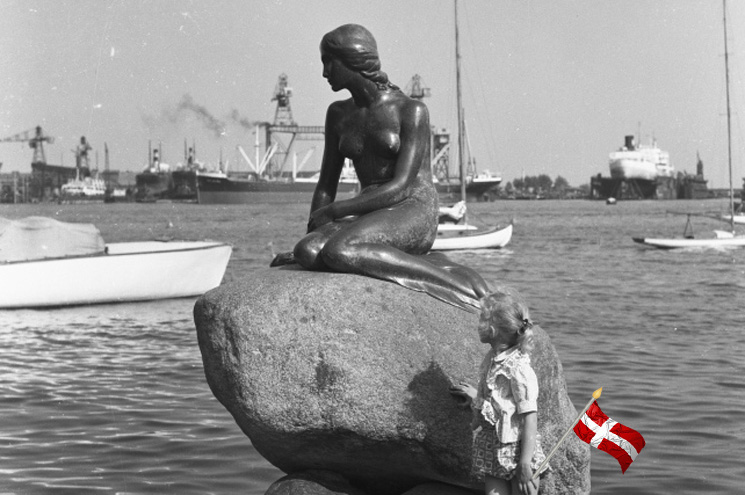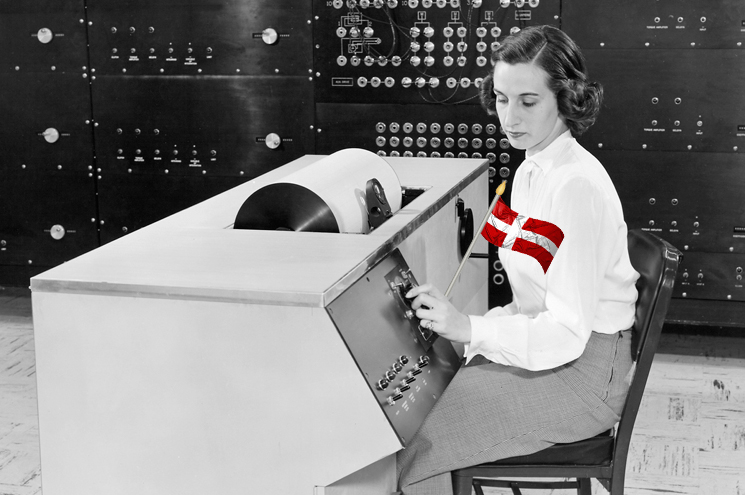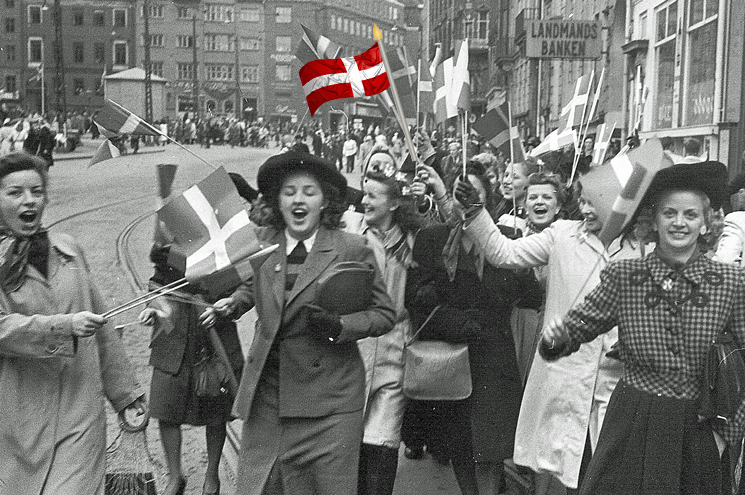We’re coming up on June 21, the longest day of the year in the Northern Hemisphere.
Here in Denmark it starts getting light at 4 in the morning, and the sun doesn’t go down until 10 or so at night, then returns again around at 4 in the morning.
In between it never gets really dark, just like in December it never gets very light.
The light times can be annoying
During the long, Danish winter, I wait and wait for the light times to come. Sometimes I count – only 3 more months until the light times! Only 6 more weeks until the light times!
When the light times do get here, they’re actually kind of annoying. Sure, it’s great to have some sun, and some long, summer evenings to enjoy the rare good weather. Danish nature is at its best in the early summer: the leaves on trees are plentiful and a deep, dark, green; the grass is thick, and every bit of roadside is speckled with white, yellow, or purple wildflowers.
But with all that light, it’s kind of difficult to sleep.
Light pouring in the windows until 11pm can be exhilarating on a Saturday night, but not so great on a Tuesday when you have a 9am meeting the next day.
Continue Reading

